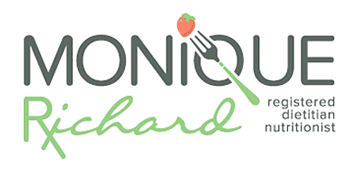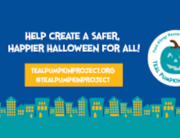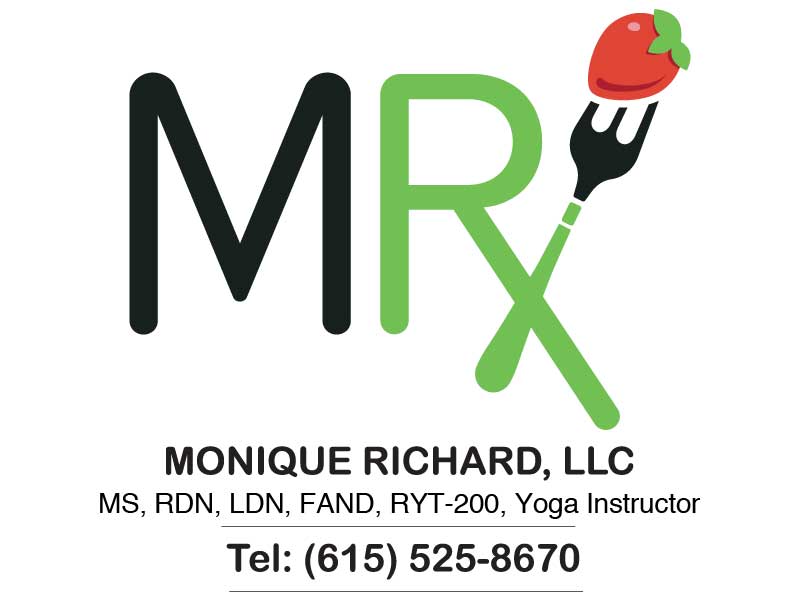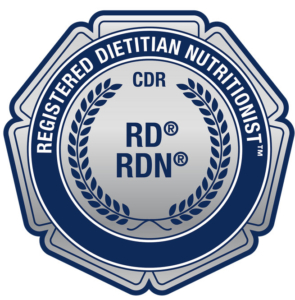“Spearheaded by the National Eating Disorders Association, the goal of National Eating Disorders Awareness (#NEDAwareness) Week is to shine the spotlight on eating disorders and put life-saving resources into the hands of those in need. This year’s theme is It’s Time to Talk About It and we’re encouraging everyone to get screened.”
You have every right to be self-confident where you are at, right at this moment. You are perfect and enough. Set yourself free and see the beauty that has been there all along, and if you need help with your health goals and nutritional needs, I’m here!
Disordered Eating vs. Eating Disorder: What’s the difference?
Signs and symptoms of disordered eating may include, but are not limited to:
• Chronic yo-yo dieting
• Frequent weight fluctuations
• Extremely rigid and unhealthy food and exercise regime
• Feelings of guilt and shame when unable to maintain food and exercise habits
• Pre-occupation with food, body and exercise that causes distress and has a negative impact on quality of life
• Compulsive or emotionally-driven eating
• Use of compensatory measures, such as exercise, food restriction, fasting and even purging or laxative use to “make up for” food consumed
Do you think you might be struggling with food or exercise issues? Take a free, online confidential screening here.
Resources:
A Place of Healing, Johnson City, TN
National Eating Disorders Helpline: 800.931.2237
National Eating Disorders Awareness Week Info
Post a comment:
Or to schedule an appointment, click here.










